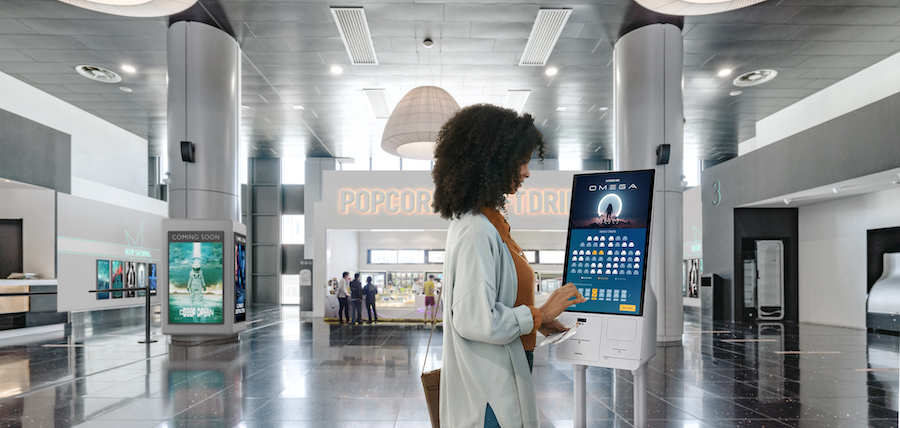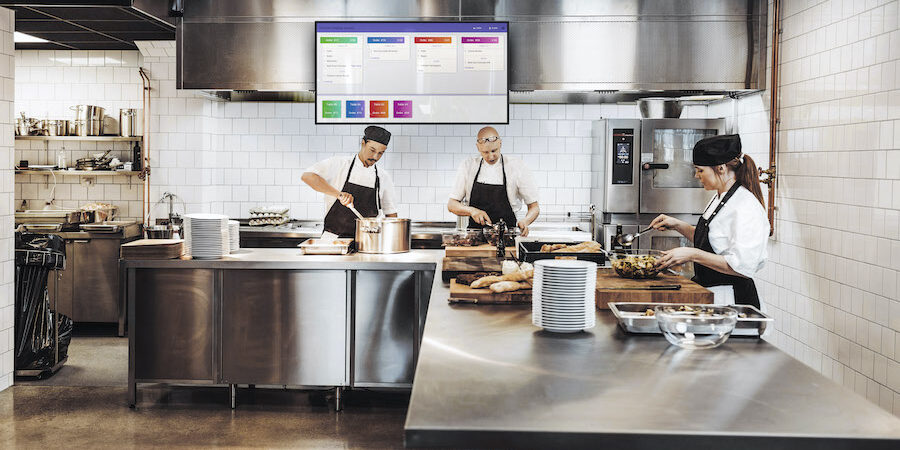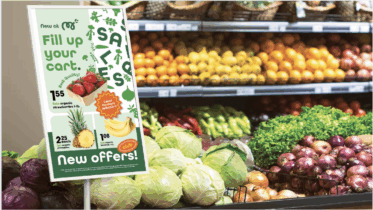Food and beverage operators and retailers face multiple headwinds —inflation, supply chain stresses, labor shortages, and rising wages. For restaurant operators, the need to hire more staff and elevated costs are the top challenges, according to the National Restaurant Association’s 2023 State of the Restaurant Industry report.
Despite significant gains projected, employment remains around 400,000 jobs below pre-pandemic levels and more than one a half million leisure and hospitality job openings remain unfilled, according to the U.S. Bureau of Labor Statistics.
While the total food service industry employment is expected to reach 15.5 million by the end of 2023, surpassing 2019 levels — restaurant operators remain concerned about the labor situation. According to the State of the Restaurant Industry report, one in 10 operators think recruiting and retaining employees will be easier in 2023 than it was in 2022. More than a third say it will be even harder.
Labor rate inflation is punishing operators further, impacting margins and company returns. The National Restaurant Association found labor costs are a significant challenge for 89% of restaurant operators. Business is being further compounded since labor shortages and rising wages may lead restaurants to reduce their operating hours and short-staff their shifts, which impacts speed of service and the customer experience.
Self-service kiosks, such as Samsung Kiosk, offer potential relief from these pressures by freeing up employees and operators to focus on more value-added tasks. Kiosks also help improve the speed of service and customer satisfaction, while driving operational efficiencies. Here’s how.
Self-service kiosks put customers in charge
Self-service kiosks put customers in control of their orders and free up staff members to focus on other key roles. Customers can browse and select items in their own time using self-serve kiosks without the need for sales assistants. Kiosks help to smooth peaks and troughs, and they can help with line busting, increasing customer satisfaction. They also help improve order accuracy, as customers select their own orders, which can be labor-saving, too. Plus, they let customers pay via multiple payment options and even assist with upselling by suggesting add-ons, promotions, and limited-time offers.
Self-serve kiosks assist with up-selling and can suggest add-ons or push promotions and limited-time offers. They have also been shown to increase the average transaction values by 20-30% on average and make customers twice as likely to order a dessert.
Self-serve kiosks enable customers to place multiple orders on one unit, which improves overall efficiency. This also allows staff to focus on other roles, such as food preparation and service or merchandising and replenishment. This also helps to boost staff engagement and morale and, with staff focused on driving a great customer experience, the operator benefits from an improved ROI on their labor costs.
Elevate your QSR by empowering employees
Explore how key technologies can help QSRs stay competitive and mitigate growing industry problems. Download Now
Self-service kiosks provide immersive experiences
Kiosks offer a wide range of business uses, outside of just ordering and self checkout. They also provide an immersive and interactive experience, enabling customers to dive deeper into product details. Shoppers can use in-store kiosks to compare different product features, such as size, material, and color or ingredients and flavor, as well as read customer reviews. Kiosks can also showcase a retailer’s entire inventory — not just what’s displayed on the floor. For food and beverage operators, kiosks can be used to display nutritional and allergen information, as well as calorie counts.
Kiosks free up employees’ time, as they let customers search for products, read reviews, see stock availability, and check prices and locations of products in-store on their own. For customers, they can also be used to build shopping lists and order out of stock items that are not out on the floor.
Self-service kiosks showcase up-to-date and accurate inventory
Self-serve kiosks enable retailers and food and beverage operators to manage and showcase their latest offers, providing customers with an up-to-date and accurate view of their inventory. This minimizes the chance of errors and customer frustration with employees.
For example, retailers are deploying kiosks in stores to help customers search and locate products for DIY projects, such as painting, replacing shower heads and faucets, or installing shelving. This frees up store staff to provide expert planning and project advice and to make relevant recommendations.
Enable employees to focus on the customer experience
Samsung Kiosk, operating on Windows, is an interactive self-service display, which helps retailers maximize their sales potential by ensuring front-line staff are focused on the customer experience.
It combines a touch display with a speaker, printer, scanner and payment solution in a sleek, attractive design and can be mounted on a counter, stand or wall.
Samsung Kiosk offers a variety of payment options including credit card, barcode, QR code and NFC, along with a built-in printer. It features an anti-microbial and shatter-resistant screen to protect the panel from degradation and ensure the screen stays intact in the event of a break. It also has a remote monitoring solution and tools that allow IT and operations managers to monitor all kiosks across a retailer network.
Samsung Kiosk is an affordable solution that not only puts customers in control of their orders but offers a wide array of business uses that can help increase profits and improve the customer experience.
Learn more about how the Samsung Kiosk can streamline and enhance the customer journey. You can also explore Samsung’s other innovative retail solutions, designed to mobilize your operations and enrich the customer experience.









